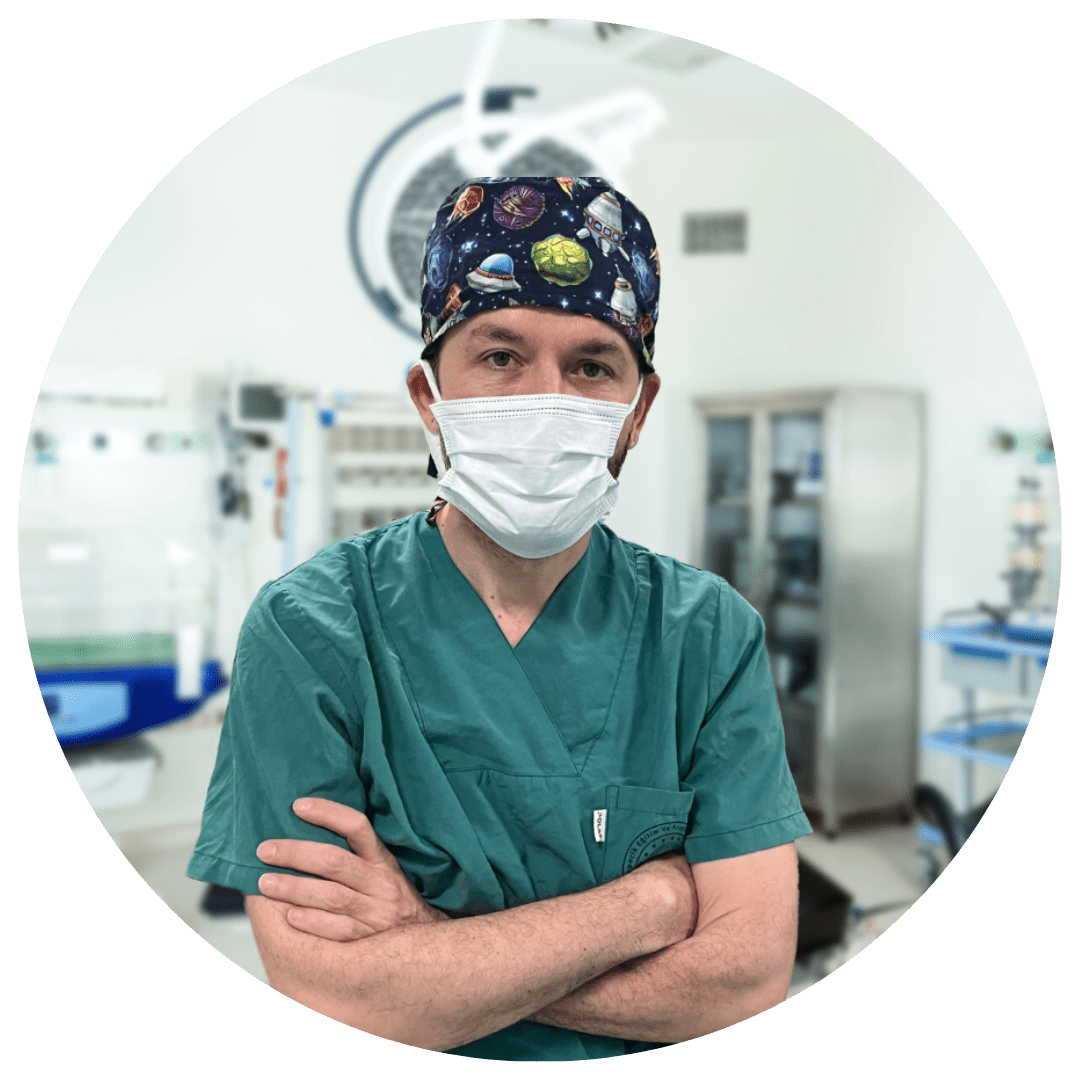- 15 August 2022
- Prof. Dr. Gökhan Koç
- Comment: 0
- Blog
Varicocele is the medical name for the enlargement and enlargement of the veins in the scrotum, which is defined as the loose skin bag that protects the testicles in men, as a result of swelling. Varicocele is the enlargement of the veins of the testicle, and is often seen on the left. If we talk about its most important negative effect, it causes infertility in men. One of the frequently asked questions about varicocele is whether this varicocele disease will have a negative effect on sexual functions.
In the past, conditions such as infertility, deterioration of sperm parameters and shrinkage of testicles in the pre-adolescent period were taken into consideration in the treatment of varicocele.As seen in recent studies, it has been observed that varicocele not only causes infertility in men, but also causes disorders in sexual functions.The negative effects of varicocele on the testicles are related to the degree of varicocele.The higher the degree of varicocele, the more damage to the testicle will be seen accordingly. Varicocele disease is divided into 3 degrees on physical examination; To explain grade 1, varicocele is detected when the patient strains and increases the pressure in the abdomen during the standing examination, grade 2 is the enlarged veins seen during manual examination, which is also done while standing, and grade 3, that is, the last degree, is the enlarged veins visible while the patient is standing. in the form of being seen.
If the definition of varicocele disease is long-term and high-grade, it indicates that the testicles will shrink over time. This shrinkage is more common in patients with grade 2 and grade 3 varicocele. As a result of shrinkage in the testicles, deterioration in testicular functions may occur. In varicocele disease, not only sperm-producing cells are negatively affected, but also the cells that produce testosterone, called Leydig cells, are also damaged. As a result of these, it can be observed that there is a decrease in the level of hormones secreted by the testicles and called testosterone, that is, the male hormone. Low testosterone is called hypogonadism. Since testosterone hormone has an important role in sexual desire and erection, its deficiency can cause serious impairments in sexual functions in men. When these occur, sexual desire decreases because testosterone hormone is a hormone associated with sexual desire. As a result of studies in the literature, hypogponadism due to varicocele is more common among patients with grade 2 and grade 3 varicocele, that is, patients with high degrees of varicocele, and these negative situations require varicocele surgery. It has been reported that it has been corrected by . From this perspective, although it is possible for those with grade 2 and grade 3 varicocele to have children, they must undergo surgery to preserve their sexual functions.
Varicocele is a type of disease that generally causes different effects on sperm functions. It impairs sperm functions in the testicles due to vasodilatation in this area, but its effects on hormonal levels are known. It may be considered possible that such effects may be seen along with hormonal changes, but it is not possible to routinely say that varicocele disease causes an effect on sexuality.
Advanced varicocele, that is, large varicocele packs seen in the area of the veins, may cause a feeling of cosmetic inadequacy and dissatisfaction for the person. Anxiety problems that a person may experience as a result of being ashamed of his or her own body in such situations may have an impact on sexual performance and desire, but this is not among the treatment indications for varicocele disease.
Reference: Görür, Y. D. D. S., & Çayan, S. Current status in varicocele pathophysiology.ANDROLOGY, 37.

Prof. Dr. Gökhan Koç graduated from Gazi University Faculty of Medicine in 2000. After his graduation, he worked as a research assistant in the urology clinic at Tepecik Training and Research Hospital for 5 years and became a specialist doctor in 2007. He currently provides services in urological surgery in İzmir.




